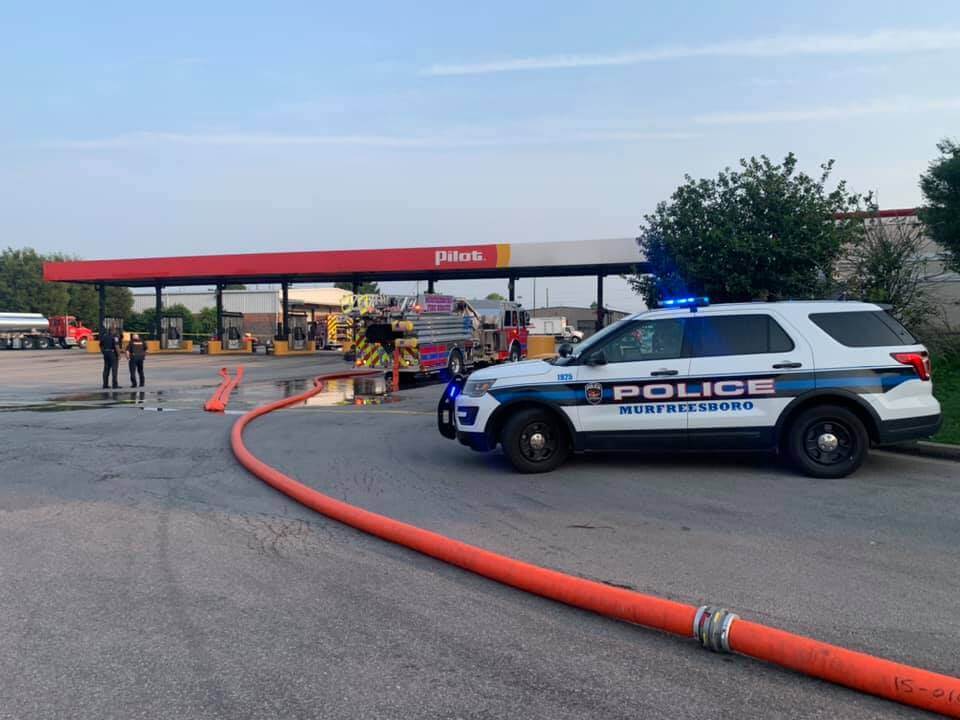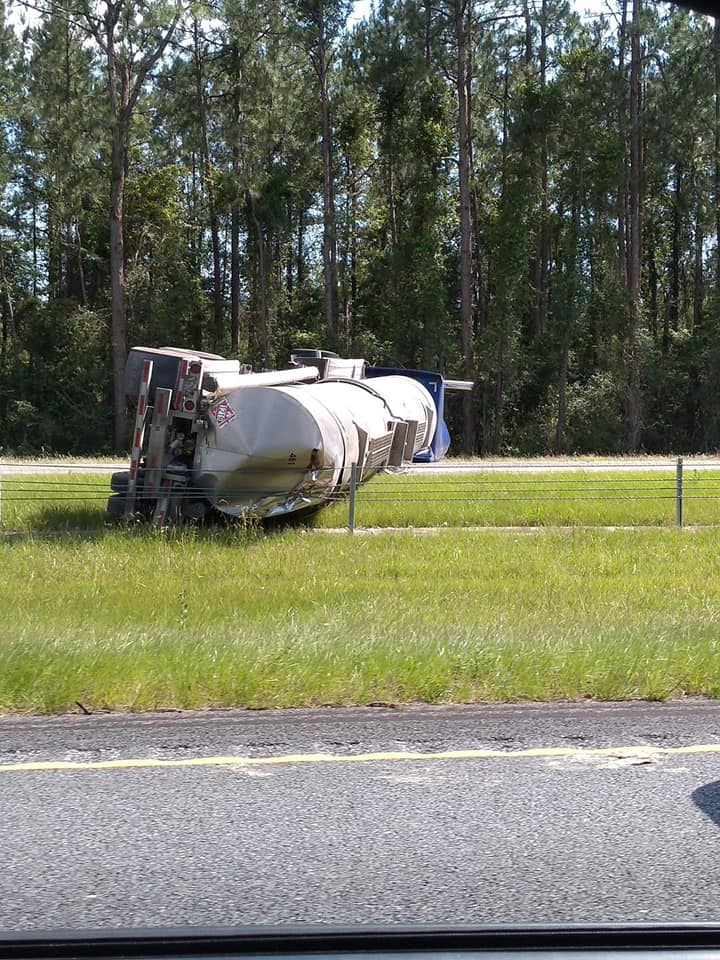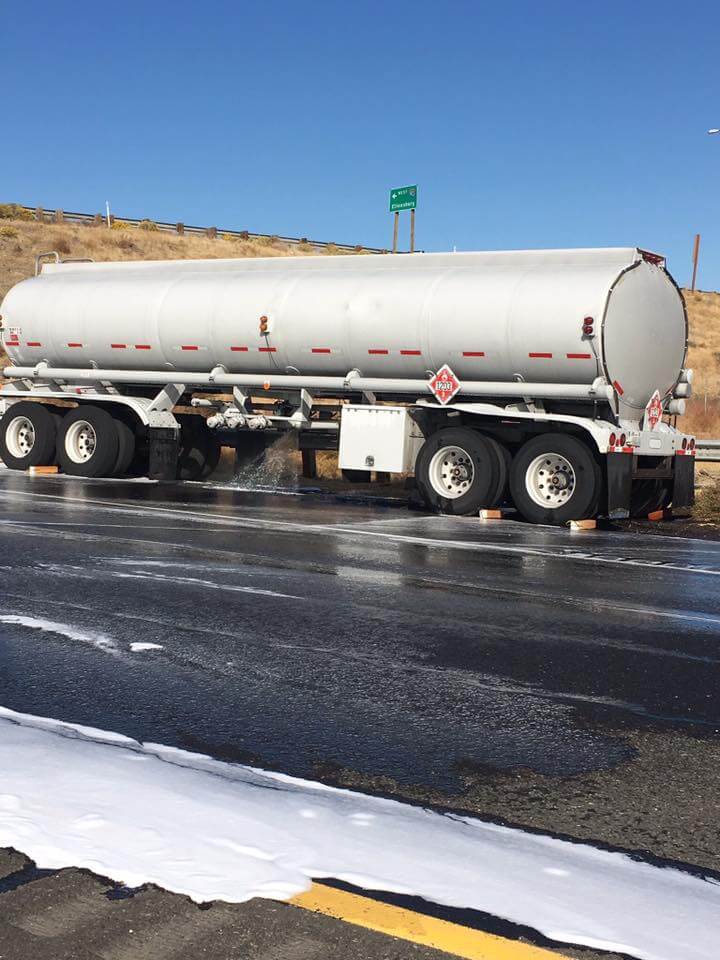
Understanding Chemical Shipping Claims: A Shippers Guide
Receiving chemical shipping claims may be an unfortunate norm at the end of the carrier. So, they already know how to handle them when they arise. But as a shipper/consignee, you may not have experienced it a lot of times. This means you may not know how to file the chemical freight claim, which is understandable.
That is why we have curated this article to help you understand chemical shipping claims and how to file them. We also describe the laws that back you when making your claim, and the mistakes to avoid to ensure your claim is approved.
What Is A Chemical Cargo Claim?

A chemical cargo claim is a demand for financial compensation by a shipper or a consignee from a carrier in the case of chemical cargo damage or loss during transit. The party that makes the claim is called the claimant. The claimant has the right to request refunds or compensation
However, the shipper must have evidence that the damage occurred while the cargo was still in the custody of the carrier, and not afterward. This delayed discovery often makes a concealed damage claim tricky because the claimant’s evidence that the damage was the fault of the carrier must be very solid.
- Shortage Claim
You file a shortage claim when you receive a lesser chemical quantity than you ordered, and it must be filed as soon as observed. A chemical shortage claim could be a result of leaks or spills in transit.
- Concealed Shortage Claim
The concealed shortage claim is similar to the shortage claim in that it also deals with a chemical shipment that is lesser in quantity than ordered. It is also similar to other concealed claims in that it is tricky to prove that the carrier is responsible for it. As a result, you might face some resistance from the carrier to process the claim.
- Refused Claim
This claim is filed when you are not satisfied with the chemical cargo you’ve received. It could be because it is the wrong chemical or it was delayed longer than necessary.
When you refuse a shipment, the carrier has to return the chemical to its terminal where it then decides what to do with the shipment.
Common Causes of Chemical Cargo Claims

Damages, shortages, and other types of claims that pervade the chemical shipping industry have some of the following common causes:
- Equipment failure
An equipment failure is often a major cause of many claims, as the failure isn’t usually discovered until some significant damage has been done.
Apart from equipment failure, the use of wrong equipment could also result in catastrophic situations. For instance, you should not use a pump for unloading a chemical cargo that should only be unloaded through a compressor. And this is why carriers invest in the right equipment for bulk liquid loading and unloading.
- Product Contamination
The causes of contamination are numerous. It could happen during loading, unloading, or the use of the wrong equipment. Another possible cause of product contamination is the unintentional mixing of the product chemical with another chemical. This could happen when the shipping trailer was not properly cleaned after the transport of a previous chemical before shipping another chemical.
- Product Loss Due To Leaks And Spills
A leaking tank might not be discovered until the truck gets to its destination, only for the truck driver to discover that there is a cargo shortage at delivery. This kind of claim almost always ends up in the favor of the shipper/consignee, as the shortage is obviously the fault of the carrier.
What Are Your Rights As A Shipper To File A Cargo Claim?
When you receive your freight in an unsatisfactory condition, what rights back you to file a claim? Are you going to argue back and forth with your carrier until someone bends? Or is there a legal ground on which you can build your cargo claim to get back what’s yours?
As a shipper/consignee, the laws that offer you the right to make cargo claims against a carrier are summed up in the Carmack Amendment.
The Carmack Amendment
The Carmack Amendment was passed in 1935. It is the law that describes your rights, duties, and liabilities, as well as those of your carrier, in situations of cargo loss, damage, or shortage. This law covers all commodity shipments between states.
According to the Carmack amendment, shippers have up to 9 months after the reception of the damaged chemical cargo to file claims. Lawsuits have a much more delayed deadline of two years and a day. But when a claim is to be filed, the carrier must:
- Notify the carrier through a written or electronic mode of communication
- Include facts and pieces of evidence that identify the chemical cargo. An example is the freight invoice.
- Also, include facts and pieces of evidence that pin the liability of the claim on the carrier. This could be the bill of lading marking the chemical cargo as being damaged, and the pictures of the damaged cargo you took.
- Demand an amount of money that covers the damage and nothing more. Be careful to not bloat this amount, as it could cost you the claim.
The Carmack Amendment holds the carrier liable for any shipment damage during transit unless the carrier provides proof of negligence. Another way the carrier can escape the responsibilities of the Carmack Amendment is when any of the following exceptions come into play:
Exemptions from the Carmack Amendment
There are five exemptions from the Carmack Amendments:
- The Act of God
The carrier can hide under the “Act of God ” banner when the product damage was caused by a natural disaster, such as an earthquake or a hurricane. However, this defense becomes void when the natural disaster was foreseen.
- The Act of War
The “act of War” exemption from the Carmack Amendment takes hold when the product loss, damage, or shortage was caused by military forces who are against the United States. But since there has not been a war on our American soil for a long time, this defense has not been used very often.
- The Act of Default Shipper
The Act of Default Shipper is an exemption that carriers can take refuge in when the damage is from the shipper/supplier of the product.
- Public Authority
Governments make policies and decisions that affect lives all the time. When any of these decisions or policies directly affect the shipment, the carrier is excluded from the Carmack Amendment. Examples of these policies or decisions are trade embargoes and road closures.
- The Inherent Vice of The Product Being Shipped
Products often have inherent properties that may propel them to spontaneous damage. The carrier has to take precautions and make use of equipment to ensure that such products are in good condition on delivery. But, if despite these, the products still end up damaged, the carrier may be excluded from the Carmack Amendment.
Steps To Filing A Cargo Claim
Filing a cargo claim is a straightforward process. Note that “straightforward” doesn’t necessarily translate to “easy.” The steps you need to take to file a cargo claim are:
1. Always Test The Chemicals For Purity As Soon As You Receive Them
Checking the purity of your chemical cargo as soon as you receive it should be the first thing you should do. Only when you do this will you discover a significant quality drop early enough to file a strong damage claim. Although the Carmack Amendment gives you a window of 9 months to file this claim after your receipt of the chemicals, the earlier you file the claim, the faster the process.
2. Mark The Bill Of Lading As Damaged And Take Pictures Evidencing The Damage
A claim without evidence is no claim. As soon as you notice a drop in purity or damage in your chemical cargo, mark your bill of lading as damaged and take a picture for evidence. But you aren’t to return the damaged chemical cargo just yet. It should be with you for the duration of the claim.
3. Pay Freight Charges
Don’t withhold the freight payment because you aren’t satisfied with your chemical cargo. This could slow down the claim process drastically or even void your claim completely. Instead, pay for the freight charges despite your dissatisfaction. If your claim is right, you will get your claim’s worth.
4. Notify Your Broker Or Trucker In Writing With Your Intent To File A Claim
You have 9 months after the delivery of the damaged chemical cargo to make your trucker know you’re filing a claim. And you have to notify them by writing to them or through any electronic means. The earlier you notify them, the faster the claiming process starts.
5. Gather The Documents And Send Them To Your Broker Or Trucker
After notifying your broker or trucker of your intention to file a claim, the next thing to do is to send copies of your documents to them. These documents should include:
- Bill of lading
The bill of lading is a document that lists all the necessary details of the chemical cargo, and the carrier gives it to you. It is also this bill of lading that determines the claiming rules that would take effect when cargo is transported across state lines. Assume a cargo sets out from Mexico, passes through the United States, before arriving in Canada. Although each country has various regulations as regards claims, the origination of the bill of lading would be Mexico, and this is the country whose rules you would follow as regards claims. However, you’re not just to send the trucker your bill of lading as you received it. You have to mark your cargo as being damaged.
- An invoice showing the full value of the cost of the damaged goods or repair invoice
This is so that all parties involved can be sure of exactly how much is at stake during the claim. Remember that this invoice should not include the profit you may have lost from not using the damaged chemical cargo. Instead, it should only contain the exact cost of covering the damage, shortage, or whatever you think is wrong with your chemical cargo.
- Evidence of freight invoice paid
Pay the freight bill and keep the evidence of payment.
- Picture evidence of damage
In addition to your documents, send the trucker the pictures you took evidencing the damaged chemical cargo. The pictures would be referred to while the investigation of your claim is ongoing.
6. Keep the damaged cargo safe
While the claim is yet ongoing, make sure to keep the chemical cargo safe. Don’t tamper with the cargo while it is in your custody or you may be tampering with your claim.
After you must have made your claim intentions known to the carrier and having sent the necessary documents, you wait for the carrier to make their move. The carrier has 30 days to legally notify you of the reception of your claim. This acknowledgment isn’t an agreement to settle you, however. It just means you and the carrier have agreed to look into the claim.
Mistakes To Avoid When Filing A Chemical Claim
When you file a chemical cargo claim, you’re telling the carrier they made a mistake. And you’re not only asking them to admit it but to also pay for it. But just like you, your carrier hates losing money to things like this. Hence, they push back. But if your claim is strong, there’s almost no way for them to wiggle out of it from their end. Unless an error comes from your end. These errors are reasons why your freight claim could be denied.
So, here are some mistakes you need to avoid when filing a chemical claim:
- Do Not Sign The POD Before Inspection
The first thing you should do as soon as the chemical cargo arrives at your warehouse is to inspect it for damages. Otherwise, if you signed the Proof of Delivery (POD) and later found out that the cargo has been damaged, you would have no claim. This is because signing the POD means you have agreed that you have received the chemical cargo and you are satisfied with what you received.
- Do Not Alter Or Dispose Of The Product In Any Way
As soon as you discover the damage, shortage, or any other thing that warrants a claim, leave the product as you received it. Do not alter, dispose, or expose the product to more damage because it could void your claim, and you go home with nothing for your claim.
- Do Not Make A Claim For More Than The Damaged Goods Are Worth
This is a common mistake many claimants make. Filing claims is not a means of making more money, so you should never make a claim for more than the actual worth of the damaged chemical cargo. We advise you to invite technical experts who can help you with your calculations. Claiming more than the damage is worth is another cheap way to void your claim.
- Do Not Move The Products Being Claimed From The Final Destination Warehouse
Also, avoid moving the product very often, as it could increase its exposure to damage. Just keep the claimed product somewhere in its destination warehouse where it doesn’t interrupt your business and it isn’t exposed to potential damages.
- Do Not Discard Any Documents Pertaining To The Shipment
Remember those documents we asked you to send to your trucker informing them of your intention to file a claim? Keep your copies of them. Insurance companies may need to refer to it while the claim is ongoing.
- Do Not Refuse To Pay Your Freight Bill
Refusing to pay the freight bill could weaken the stance of your claim. Because even the freight has a deadline for payment, which you would be defying when you refuse to pay your freight bill.
- Don’t Obstruct The Carrier’s Attempt To Mitigate The Claim
Carriers are within their legal rights when they offer to mitigate the value of your claim. This allows them to reduce the financial loss to the barest minimum. They may do this by re-delivering your chemical cargo or any other means that could ensure that the claiming process goes down without hurting any of the parties too deeply.
But when you refuse your carrier the right to mitigate the value of the claim, you would be handing them a strong legal ground to reject your claim.
Conclusion
By now, we hope you already know about your rights as a shipper when you receive a chemical cargo that is unsatisfactory. You should now know how to file an undeniable cargo claim. But this is not a skill you would need to master if you just shipped your chemical cargo Total Connection.
Total Connection is a third-party logistics company that specializes in the shopping of chemical cargo of all kinds from everywhere to anywhere. When you transport your chemical freights through us, we adopt a “no-excuses” policy that ensures that we deliver your products to you in the best condition possible. Without excuses, of course.
You can forget about filing chemical cargo claims when you do business with us. Start by filling out the brief quote form below, and we’ll get back to you ASAP.
